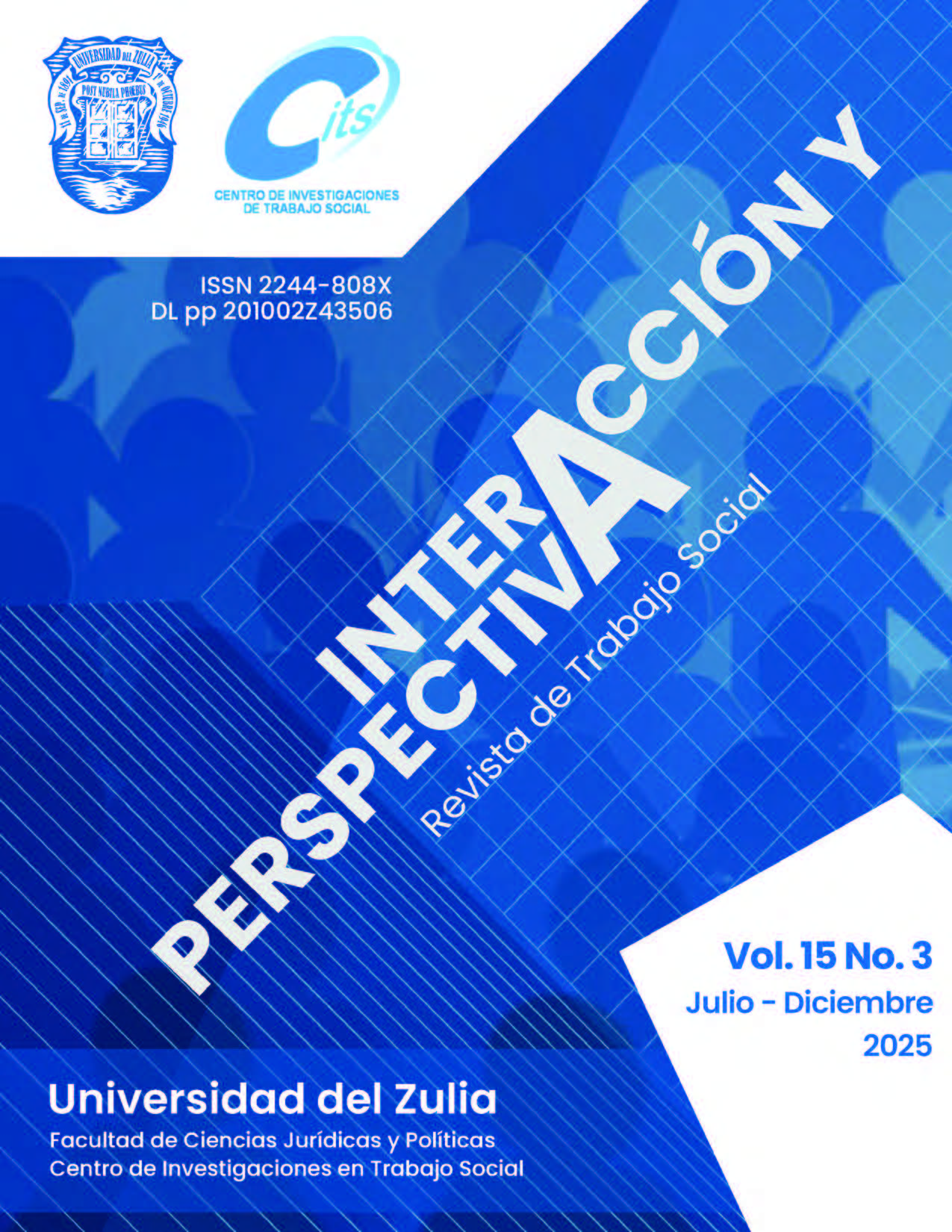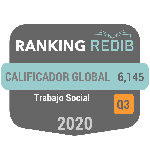Conocimientos y opiniones de las familias y docentes sobre el acoso escolar entre iguales
Resumen
El artículo describe comparativamente los conocimientos y opiniones de los docentes (41), que trabajan en diversas escuelas en la República Turca del Norte de Chipre (RTNC), y de las familias (41) cuyos hijos asisten a dichas escuelas, con respecto al acoso escolar entre iguales, y ofrecer sugerencias para solucionar el problema. Se utilizó un enfoque mixto y se preparó un formulario de entrevista. Se utilizaron formularios estructurados para recopilar datos cuantitativos, y se aplicaron estadísticas descriptivas para analizarlos. El análisis estadístico de los datos cuantitativos se realizó mediante el software de análisis SPSS 24.0, y los hallazgos se presentaron en tablas e interpretaron. En la parte cualitativa del estudio, se recopilaron datos mediante entrevistas en profundidad con docentes basadas en la pregunta semiestructurada. Los hallazgos confirman que, tanto los docentes como las familias perciben el acoso escolar entre iguales como un problema grave que debe abordarse. Los docentes participantes creen en general que el acoso se origina en problemas familiares. Los resultados constatan que el acoso entre iguales representa una amenaza seria en las escuelas de la RTNC y que, aunque los docentes y las familias poseen un conocimiento suficiente sobre el tema, no logran prevenir el problema. El acoso, que hoy afecta gravemente a nuestra sociedad y representa una amenaza para el futuro, debe abordarse desde la familia, que es el pilar fundamental de la sociedad. Deben realizarse esfuerzos de apoyo en diversas áreas de la sociedad en relación con este problema.
Descargas
Citas
Cenkseven-Önder, F. & Yurtal, F. (2008). An investigation of the family characteristics of bullies, victims, and positively behaving adolescents. Educational Sciences: Theory & Practice, 8(3), 805-832.
Chrysanthou, G. M., & Vasilakis, C. (2020). Protecting the mental health of future adults: Disentangling the determinants of adolescent bullying victimisation. Social science & medicine (1982), 253, 112942. https://doi.org/10.1016/j.socscimed.2020.112942
Creswell, J. W., & Clark, V. L. P. (2017). Designing and conducting mixed methods research. Sage publications.
Doğan, S. & Keleş, O. (2023). Peer Bullying in the Context of Causes, Consequences and Solution Proposals: A Phenomenological Study. Pamukkale University Journal of Education, 59, 1-24.
Fetters, M. D., Curry, L. A., & Creswell, J. W. (2013). Achieving integration in mixed methods designs—principles and practices. Health services research, 48(6pt2), 2134-2156.
Genç, G. (2007). Peer bullying in high schools. Unpublished Doctoral Dissertation. Malatya: İnönü University Institute of Social Sciences.
Glew, G. M., Fan, M. Y., Katon, W., & Rivara, F. P. (2008). Bullying and school safety. The Journal of pediatrics, 152(1), 123-128. doi: 10.1016/j.jpeds.2007.05.045
Gökler, R. (2009). Peer bullying in schools. Journal of Human Sciences, 6(2), 511-537. Green, S., & Turner, M. (2018). The psychological implications of verbal bullying. Journal of Child Development, 89(6), 1023-1035.
Gün, R. Ş. & Gültekin-Akduman, G. (2022). The Relationship between Psychological Resilience of Preschool Children and Peer Bullying Behaviours. The Journal of Turkish Educational Sciences, 20(1), 107-123.
Hamurcu, S. (2020). Peer Bullying in Primary School Students: The Case of Ankara Pursaklar. OPUS International Journal of Society Researches, 16, 5540-5564.
Karataştan, A., & Akcan, E. (2023). Primary school Teachers’ perspectives on peer bullying and immigrant/refugee students. Cumhuriyet International Journal of Education, 12(1), 1-14.
Keskin, T. (2010). The relationship between peer bullying and self-esteem among primary school students [Unpublished master’s thesis]. Maltepe University.
Mermer, F. (2012). Investigation of peer conflict in secondary school students [Unpublished master’s thesis]. Gaziantep University.
Morse, J. M. (2003). Principles of mixed methods. Handbook of mixed methods in social & behavioural research, 189.
Pillay S. (2007) The effect of bullying on the primary schoollearner. http://hdl.handle. net/10530/107
Polat, F., & Sohbet, R. (2020). Peer bullying among secondary school students. KSU Medical Journal, 15(2), 41-51.
Roberts, C. (2017). Physical aggression in schools: Patterns, causes, and outcomes. International Journal of School Psychology, 30(4), 443-458.
Sun, J., & Cao, L. (2021). Explaining Physical Bullying in Chinese Middle Schools. Journal of School. https://doi.org.lproxy.yeditepe.edu.tr/10.1080/15388220.2021.1985324
Tanrıkulu, İ. , Kandemir Özdinç, N. & Besnili, Z. N. (2021). An Investigation of the Relationships between School Structure and Preschool Bullying. Erzincan University Journal of Faculty of Education, 23 (3) , 857-873 . DOI: 10.17556/erziefd.875930
Tekin, H. H., & Tekin, H. (2006). In-depth interview as a data collection technique in qualitative research method. İstanbul University Journal of Sociology, 3(13), 101-116.
UNESCO (2022). International day against violence and bullying at school including cyberbullying. https://www.unesco.org/en/articles/international-day-against-violenceand-bullying- school-including-cyberbullying.
Uslu, F., & Demir, E. (2023). Qualitative data collection technique: In-depth interview. Hacettepe University Journal of Faculty of Letters, 40, 289–299.
White, J., & Anderson, R. (2014). The role of parental involvement in combating peer bullying. Journal of Educational Psychology, 62(3), 215-224.
Xue, J., Chai, L., & Han, Z. (2020). Excessive weight and academic performance among Chinese children and adolescents: assessing the mediating effects of bullying victimization and self-rated health and life satisfaction. Children and Youth Services Review, 119, 105586.
Yıldırım, A. & Şimşek, H. (2013). Qualitative Research Methods; Seçkin Publication: Ankara, Turkey.

















